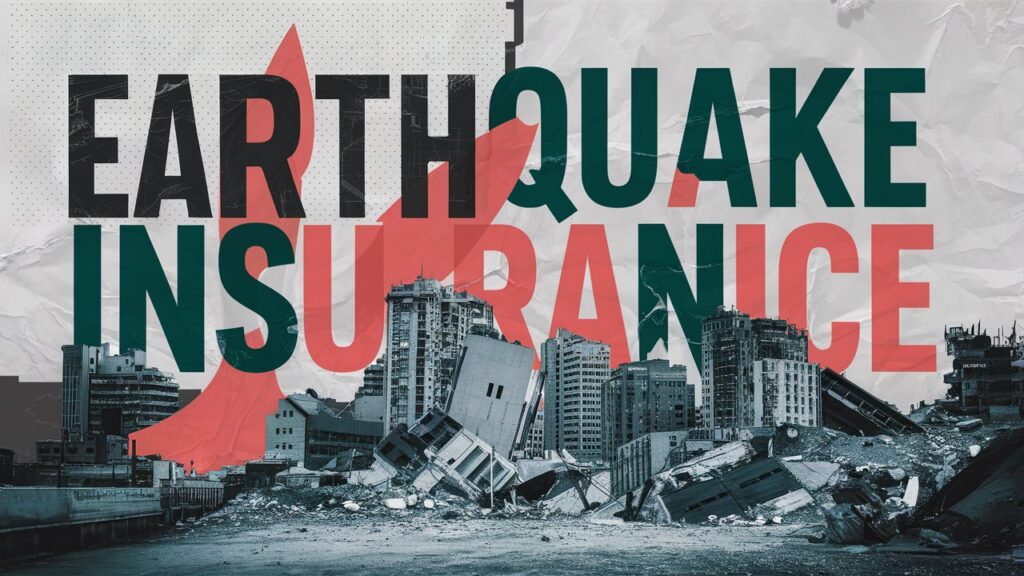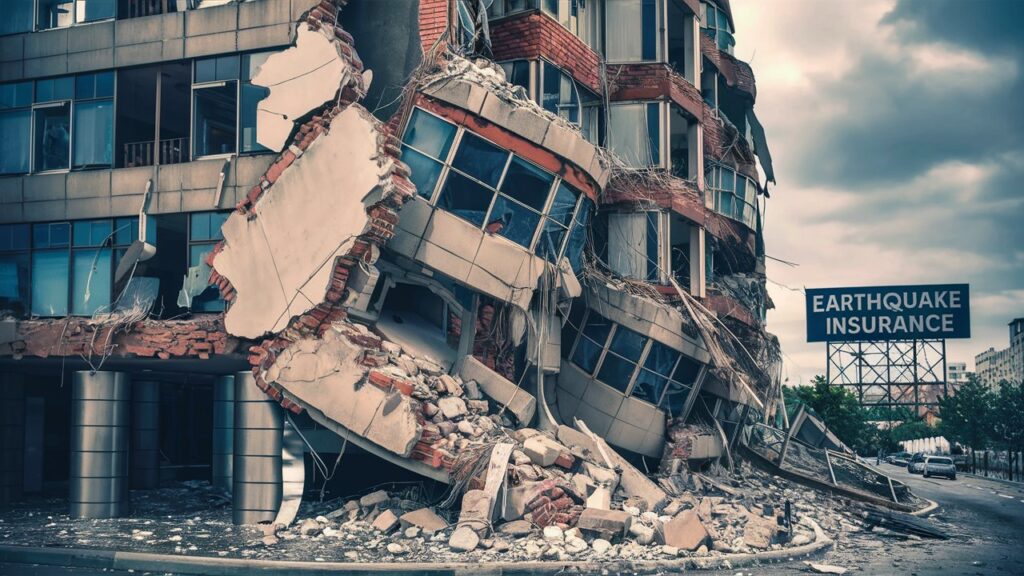Earthquake insurance shields homeowners from the financial aftermath of seismic events, covering repairs to structures and belongings. This guide explores its importance, coverage details, and considerations for those in high-risk areas.
Introduction
Earthquakes are unpredictable natural disasters that can cause significant damage to homes and properties. While not everyone lives in a high-risk seismic zone, those who do understand the potential devastation these events can bring. Earthquake insurance provides financial protection against the aftermath of such disasters, offering peace of mind and ensuring that homeowners can rebuild their lives after a quake. This comprehensive guide explores the nuances of earthquake insurance, from understanding coverage options to determining if it’s the right choice for your situation.
What is Earthquake Insurance?
It is a specialized form of property insurance that covers damages caused by earthquakes.
Standard homeowner’s insurance policies typically do not cover earthquake damage, so this additional coverage is crucial for those living in areas prone to seismic activity.
It helps policyholders recover financially from the destruction of their homes, personal belongings, and other structures on their property due to earthquakes.
Understanding the Coverage
Earthquake insurance policies vary widely depending on the insurer and the specific policy chosen.
Generally, coverage includes repairs to the structure of your home, as well as replacement or repair of personal belongings damaged by the earthquake.
Additional living expenses (ALE) coverage may also be included, which helps pay for temporary relocation and living costs.
Key Features of Earthquake Insurance Policies
- Deductibles
It typically has higher deductibles compared to standard homeowners’ insurance policies. Deductibles can be a percentage of the insured value of the home or a flat dollar amount. Understanding your deductible is crucial, as it determines your out-of-pocket expenses before your coverage kicks in.

- Coverage Limits
Policies have limits on the amount of coverage provided for various aspects, such as dwelling repairs, personal property, and additional living expenses. It’s essential to review these limits to ensure they meet your needs in the event of a major earthquake.
- Exclusions
Like any insurance policy, earthquake insurance also has exclusions. Common exclusions may include damages to vehicles, land, outdoor property like fences, pools, or landscaping, and certain types of personal property unless specifically covered.
Is Earthquake Insurance Worth It?
Deciding whether to purchase it depends on various factors, including your geographical location, the seismic risk in your area, the value of your home and belongings, and your financial situation.
Here are some considerations to help you determine if it is worth the cost,
- Location
If you live in a high-risk seismic zone, the likelihood of experiencing earthquake damage is higher, making it more critical.

- Home Value
The cost to repair or rebuild your home after an earthquake should be weighed against the premiums you’ll pay for it.
- Financial Risk Tolerance
Consider whether you could afford to cover the costs of earthquake damage out of pocket without insurance. For many homeowners, the financial protection provided by it outweighs the premiums paid.
Conclusion
Earthquake insurance is a valuable safeguard against the financial devastation that earthquakes can bring. While not everyone may need it, those living in high-risk areas or areas prone to seismic activity should carefully consider this coverage. Understanding the specifics of earthquake insurance policies, including coverage options, deductibles, and exclusions, is crucial in making an informed decision. By weighing the potential risks and benefits, homeowners can protect their homes, belongings, and financial stability in the face of unpredictable natural disasters like earthquakes. Whether you’re reassessing your current insurance coverage or considering purchasing earthquake insurance for the first time, consulting with an experienced insurance agent can provide clarity and help you choose the right policy for your needs.
For more details please visit our home page: Click Here

